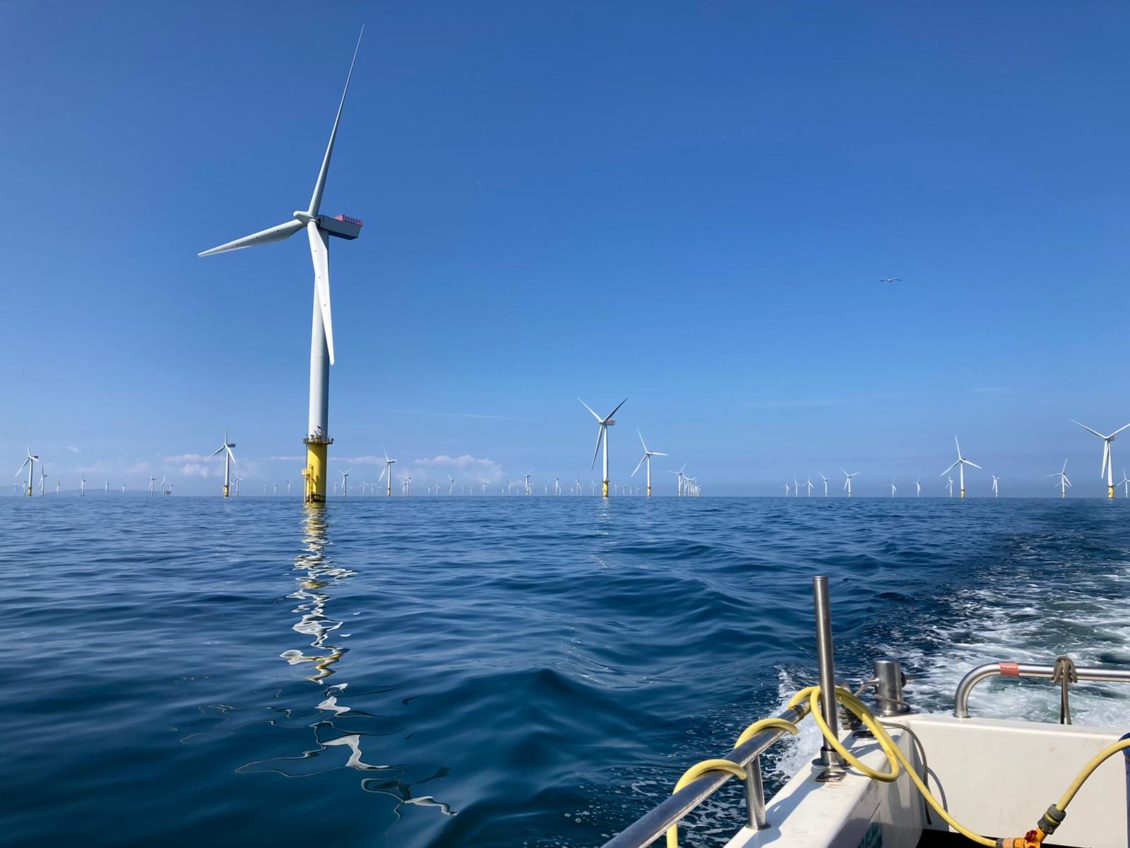Offshore wind farms could offer new habitats for lobsters and possible biodiversity benefits, according to new research by led by Aberystwyth University academics.
According to the study published in the ICES Journal of Marine Science, particular areas of habitat within offshore windfarms provide a suitable living environment for lobsters.
These new turbines placed off the coast are believed to create a type of artificial reef, adding a hard substrate into areas where there was once soft sediment.
For the research, tens of lobsters were tagged within a windfarm in the Irish sea, and their movements tracked. Monitored by the academics with acoustic telemetry, the animals could be observed living close to the areas of hard substrate within the wind farms. The data indicates that these areas have the potential to provide suitable habitat for lobsters.
Dr David Wilcockson from Aberystwyth University, who was one of the researchers on the project, said:
“It is these kinds of rocks and boulders where lobsters normally shelter, and so these artificial reef effects we have seen are logical. The findings indicate that offshore wind farms could provide a suitable habitat for crustaceans. As well as the environmental benefits traditionally associated with wind farms, we are now seeing this as an extra biodiversity boost that should be considered by policy makers.
Harry Thatcher, a PhD student at Aberystwyth, and lead author of the study, commented:
“The introduction of this hard substrate could also have other potential advantages. By creating possible new habitats for lobsters, they could also offer sustainable fishing opportunities across Europe. Indeed, as some other sources disappear, this could be seen as a way of helping stocks for the fishing industry.”
The research was led by academics at Aberystwyth University, alongside researchers at Plymouth and Newcastle Universities.









Leave a Reply
View Comments